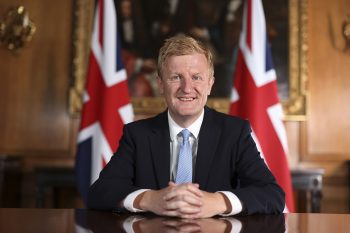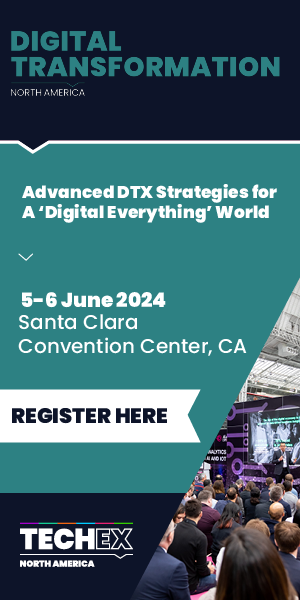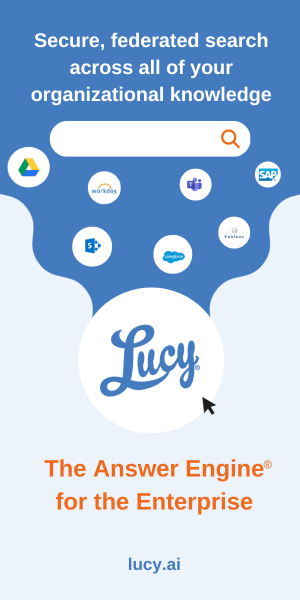UK Deputy PM: AI is the most ‘extensive’ industrial revolution yet
Britain's Deputy Prime Minister Oliver Dowden has shared his view that AI will be the most “extensive” industrial revolution yet.
Dowden highlighted AI's dual role, emphasising its capacity to augment productivity and streamline mundane tasks. However, he also put the spotlight on the looming threats it poses to democracies worldwide.
in an interview with The Times, Mr Dowden said: “This is a total revolution that is coming. It’s going to totally transform almost...



















